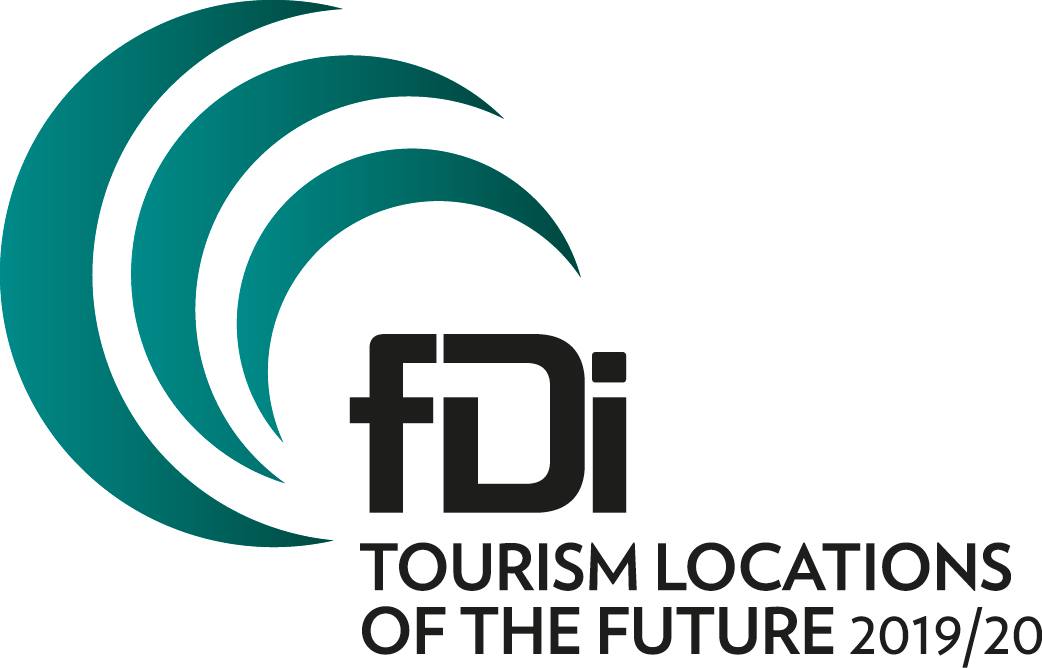Thailand has retained its crown as the most attractive location for investment in fDi’s Tourism Locations of the Future ranking for 2019/20.
With its impressive capacity for continuous growth in the sector, Thailand continues to be the largest tourism economy in south-east Asia in terms of its contribution to the local economy. Growth in tourism is outpacing the wider economy, growing at an annual rate of 6% compared with the wider economy’s 4.4% growth in 2018, according to the World Travel and Tourism Council (WTTC).
Advertisement
Thailand’s wealth of natural wonders, both coastal and inland, paired with the highest number of hotel rooms available yet the lowest prices of all 51 locations benchmarked in this year’s study, gives it an enviable advantage that enables it to attract millions of tourists each year. According to the World Bank, Thailand welcomed more than 35 million international tourists in 2017, a number growing at an average annual rate of 7.61% between 2013 and 2017.
Further reading
Tourism Locations of the Future 2019/20 – FDI Strategy
In September 2018, US-based AEG, in partnership with Thailand’s leading entertainment and retail complex developer the Mall Group, announced a Bt10bn ($331.37m) investment in Bangkok. This is formed by the development of two new world-class arenas, scheduled to open by the end of 2022. Meanwhile, popular budget hotel chain Travelodge announced plans in September 2018 to expand its Thai presence with a new hotel in Phuket.
Macau's exciting mix
Macau takes second place in this year’s ranking, a jump of 13 places from the 2017/18 study. Located west of Hong Kong on China’s southern coast, Macau offers an exciting mix of tourist experiences. It hosts an abundance of ancient cultural attractions, including several Unesco-listed heritage sites, while also being dubbed the Las Vegas of eastern Asia due to it being home to more than 30 casinos and a vibrant nightlife.
These factors make Macau a popular holiday destination, as well as a hotspot for investors in the tourism sector. The special administrative region did exceptionally well in the FDI Strategy category, and outperformed all other locations analysed in terms of capital expenditure in the tourism sector ($5.53bn between August 2009 and July 2019). International tourist arrivals, as well as inbound tourism travel expenditure, also proved to be strengths for Macau.
Advertisement
Wynn Macau, a subsidiary of US-based Wynn Resorts, is set to invest $2bn to expand its Crystal Pavilion Hotel complex in Cotai by 2024, adding a 270-degree, fully immersive entertainment theatre, two additional accommodation towers and more.
European newcomer
A new addition to fDi’s ranking, Portugal is ranked third behind Thailand and Macau and is this year’s highest ranked European location. Following the introduction of a 10-year tourism strategy in 2017 that aimed to increase year-round investment, revenue and employment in the sector, travel and tourism measured by contribution to the local economy grew by 8.1% in Portugal in 2018. The country significantly outperformed all others in the EU and more than doubled the EU average of 3.1%, according to WTTC research.
Portugal also boasts the highest number of companies in the tourism sector in this year’s ranking, and tourism enterprises make up 16.16% of all companies in the country. Its impressive business-friendly regulations means opening a business in Portugal can be achieved in less than a week. In June 2019, Spain-based hotel chain Acta announced its plans to expand its current presence in Portugal, with two new hotels in Porto and Lisbon.
Methodology
To create a shortlist for fDi’s Tourism Locations of the Future 2019/20 ranking, the fDi Intelligence division of the Financial Times collected data using the specialist online FDI tools fDi Benchmark and fDi Markets as well as other sources. Data was collected for 51 locations. Locations were determined using the following parameters:
- Countries with at least 10% of GDP derived from tourism receipts; and/or
- Countries with at least 10% of all FDI projects in the tourism cluster
Countries scored up to a maximum of 10 points for each data point, which were weighted by importance to the FDI decision-making process in order to compile the overall ‘Tourism Locations of the Future 2019/20’ ranking.
The UN World Tourism Organization is a data partner for the ranking and supplied its statistics to support the study.
In addition, surveys were collected under a sixth category, FDI Strategy, for which there were 22 submissions. Locations submitted details about their strategy for promoting FDI, which was then scored by fDi’s judging panel.
